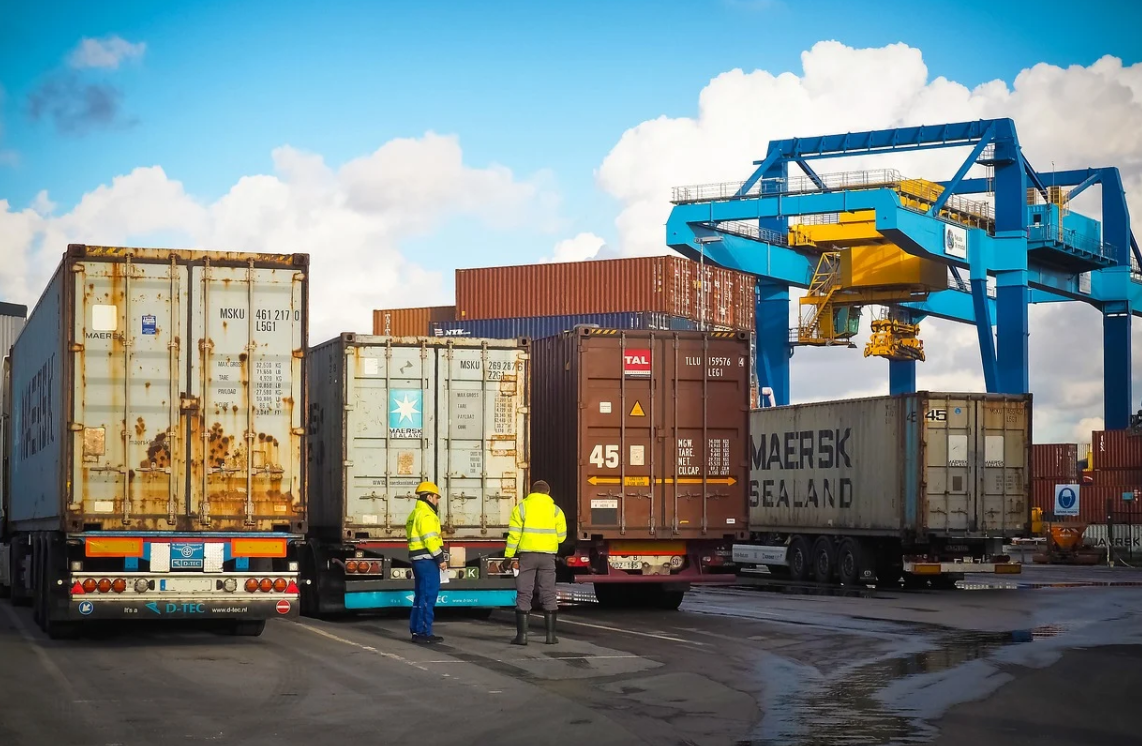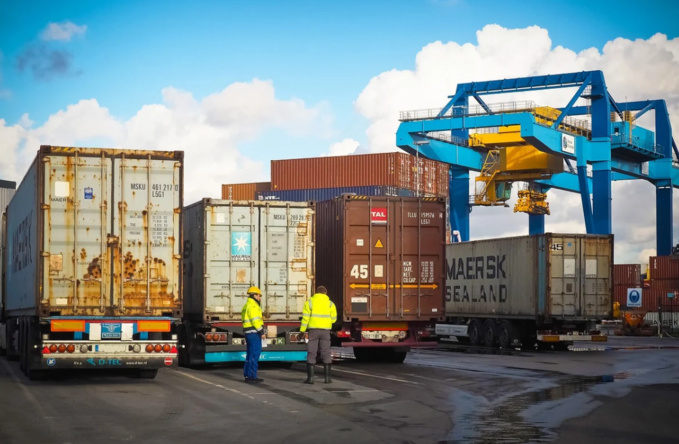According to new data from the World Trade Organisation (WTO), the volume of trade restrictive measures imposed by the G20 countries has fallen sharply over the past six months: 18 trade barriers erected between mid-May and mid-October affect only $42.9 billion of imports, compared to $417.5 billion in the previous half year. Taking into account the measures introduced since 2009 (and still in effect), a total of 10.4% of G20 imports are restricted, which is equivalent to $1.5 trillion (8.8% and $1.3 trillion a year ago). Most of the restrictive measures are tariff increases, import bans and tighter import procedures.
Coverage of trade facilitation measures (19 in total) has, however, declined even further, from $735.9 billion to $36.8 billion. Both trends are a consequence of both the overall sharp decline in trade volume (global merchandise exports fell by 6% in monetary terms year-on-year in the first quarter, and there was a shift in focus from trade wars to fighting the pandemic (in recent years, a significant part of the restrictions have been due to reciprocal duty increases between the US and China). According to WTO forecasts, the physical volume of trade in goods will decrease by 9.2% this year, but will increase by 7.2% in 2021.
In addition, the impact of the temporary measures introduced specifically in connection with the pandemic has been calculated separately at the WTO. They were almost balanced: the facilitation measures affected imports by $155 billion and the restrictive measures by $111 billion. 63% of the 133 such measures were aimed at reducing barriers. However, three out of ten measures restricting supplies (e.g. export bans on masks and other medical products) were lifted by mid-October.
Countries, however, actively resorted to trade investigations (80% of the cases involved the imposition of anti-dumping duties). A total of 165 investigations or 33 measures per month were initiated - the highest number since 2012 (usually around 20), covering a total of $34.1 billion in imports and only 35 duties of $2 billion were cancelled.
source: wto.org
Coverage of trade facilitation measures (19 in total) has, however, declined even further, from $735.9 billion to $36.8 billion. Both trends are a consequence of both the overall sharp decline in trade volume (global merchandise exports fell by 6% in monetary terms year-on-year in the first quarter, and there was a shift in focus from trade wars to fighting the pandemic (in recent years, a significant part of the restrictions have been due to reciprocal duty increases between the US and China). According to WTO forecasts, the physical volume of trade in goods will decrease by 9.2% this year, but will increase by 7.2% in 2021.
In addition, the impact of the temporary measures introduced specifically in connection with the pandemic has been calculated separately at the WTO. They were almost balanced: the facilitation measures affected imports by $155 billion and the restrictive measures by $111 billion. 63% of the 133 such measures were aimed at reducing barriers. However, three out of ten measures restricting supplies (e.g. export bans on masks and other medical products) were lifted by mid-October.
Countries, however, actively resorted to trade investigations (80% of the cases involved the imposition of anti-dumping duties). A total of 165 investigations or 33 measures per month were initiated - the highest number since 2012 (usually around 20), covering a total of $34.1 billion in imports and only 35 duties of $2 billion were cancelled.
source: wto.org



















